Reflecting on the 2nd Forum of European University Alliances: are European Universities a threat to “traditional” networks?
21 September 2023 | From UNICA - European Universities
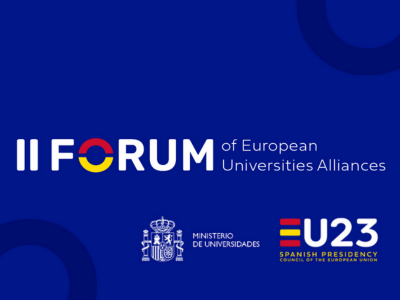
In September 2023, Barcelona became the epicentre of discussions aimed at shaping the future of Higher Education across Europe. The II Forum of European University Alliances, organised by the Spanish Ministry of Universities and the Spanish Presidency of the Council of the European Union, took place on September 14th and 15th, drawing representatives from educational institutions, organizations, and key stakeholders dedicated to advancing the European Universities Initiative.
The President of UNICA, Prof. Sorin Costreie, and the Secretary General, Prof. Luciano Saso, were proud to be part of this significant endeavor. Prof. Costreie deemed it a “crucial moment for the European Alliances Initiative and the future of European Higher Education”.
A driving force for Higher Education
Since its launch in 2017, the European Universities Initiative has been a driving force behind collaboration among European higher education institutions. With a goal of creating 60 alliances encompassing 500 universities by mid-2024, the initiative is on the verge of achieving this milestone. In fact, with a record-breaking budget allocation of €402.2 million from the Erasmus+ program, the initiative has evolved to include universities from all 27 EU member states, as well as Iceland, Norway, Turkey, and new participants from Albania, Bosnia-Herzegovina, Montenegro, North Macedonia, and Serbia. The mission is clear: to promote European identity, values, excellence, and transformation through long-term strategic alliances.
One of the unique features of these alliances is their diversity, both in terms of member institutions and the subjects they cover. This diversity underscores the need for dialogues and encounters, not only within the alliances themselves but also with external stakeholders, including representatives from the European Commission, Member States, students, and other influential figures.
The II Forum
The II Forum of European University Alliances played a pivotal role in facilitating these essential dialogues. The forum was attended by rectors, academic leaders, and alliance coordinators from across Europe. Discussions at the Barcelona Forum addressed crucial topics, including the legal status of these alliances and the development of joint European degree programs (European Degree Label) in Higher Education Institutions. The global dimension of these alliances and the widespread use of the European student card were also on the agenda.
Among the high level speakers at the inaugural session was Mr. Margaritis Schinas, Vice-President of the European Commission for Promoting our European Way of Life, who asserted that “The European Universities initiative is not yet another project: it is a long term transformative process that will benefit the entire higher education sector”.
As we move forward, the 2nd Forum of European University Alliances in Barcelona stands as a testament to the commitment of European institutions and partners to forge a stronger, more integrated, and globally competitive European higher education landscape.
The future of traditional networks
The European Universities Initiative is undoubtedly a catalyst for progress, having paved the way for deeper collaboration, mobility, and innovation among higher education institutions across Europe. One of the most crucial aspects of the initiative is that it accelerated the anticipated idea of an European Degree, which will represent a significant step in the quest for harmonization and mobility within the European Higher Education Area (EHEA). The European degree transcends borders and opens doors for students, researchers, and professionals alike. It signifies not only academic achievement but also a commitment to excellence, diversity, and intercultural understanding. Furthermore, the European degree aligns with the broader mission of European higher education —to foster European identity and values while promoting innovation and competitiveness on the global stage.
However, as we forge ahead, it is imperative that we do not inadvertently leave behind universities that have chosen not to participate, the ones that are not eligible, the ones who have not been selected yet, or those that might not feel prepared for the challenge (yet). The importance of inclusivity cannot be overstated. The success of European higher education relies not only on the strength of the alliances but also on the preservation of diversity and the unique strengths of all universities.
As of September 2023, 42 out of the 57 UNICA member Universities take part in European Universities alliances, which means that 60 per cent of UNICA’s eligible members participate in the initiative. In other terms, 21 out of the 50 existing alliances have at least one UNICA member University as partner. This still means that there are still 15 members who are not taking in part in the initiative. However, that doesn’t mean they are to be excluded from the conversation, even if they’re not eligible to participate. Established networks of universities like UNICA have long been at the forefront of promoting collaboration, exchange, and research; even long before the institutions’ countries were eligible to take part in the EU programmes and before they joined the European Union.
“Traditional” networks serve as bridges between institutions, facilitating the sharing of knowledge, resources, and best practices. They have a critical role to play in ensuring that universities outside the European Universities Initiative remain connected and engaged.
In essence, the future of European higher education should be a tapestry woven from threads of both innovation-driven alliances and the rich heritage and experience of established networks.
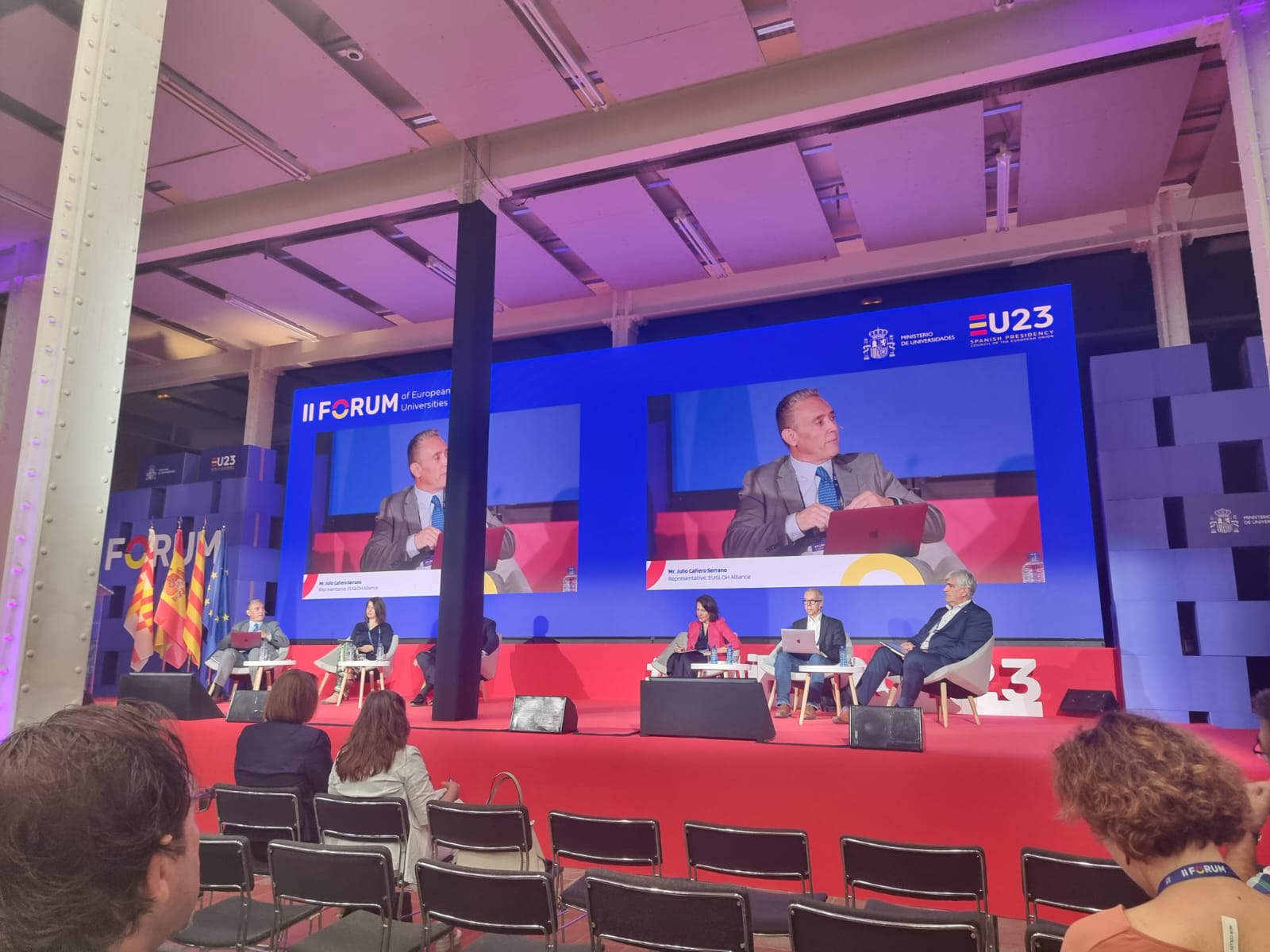
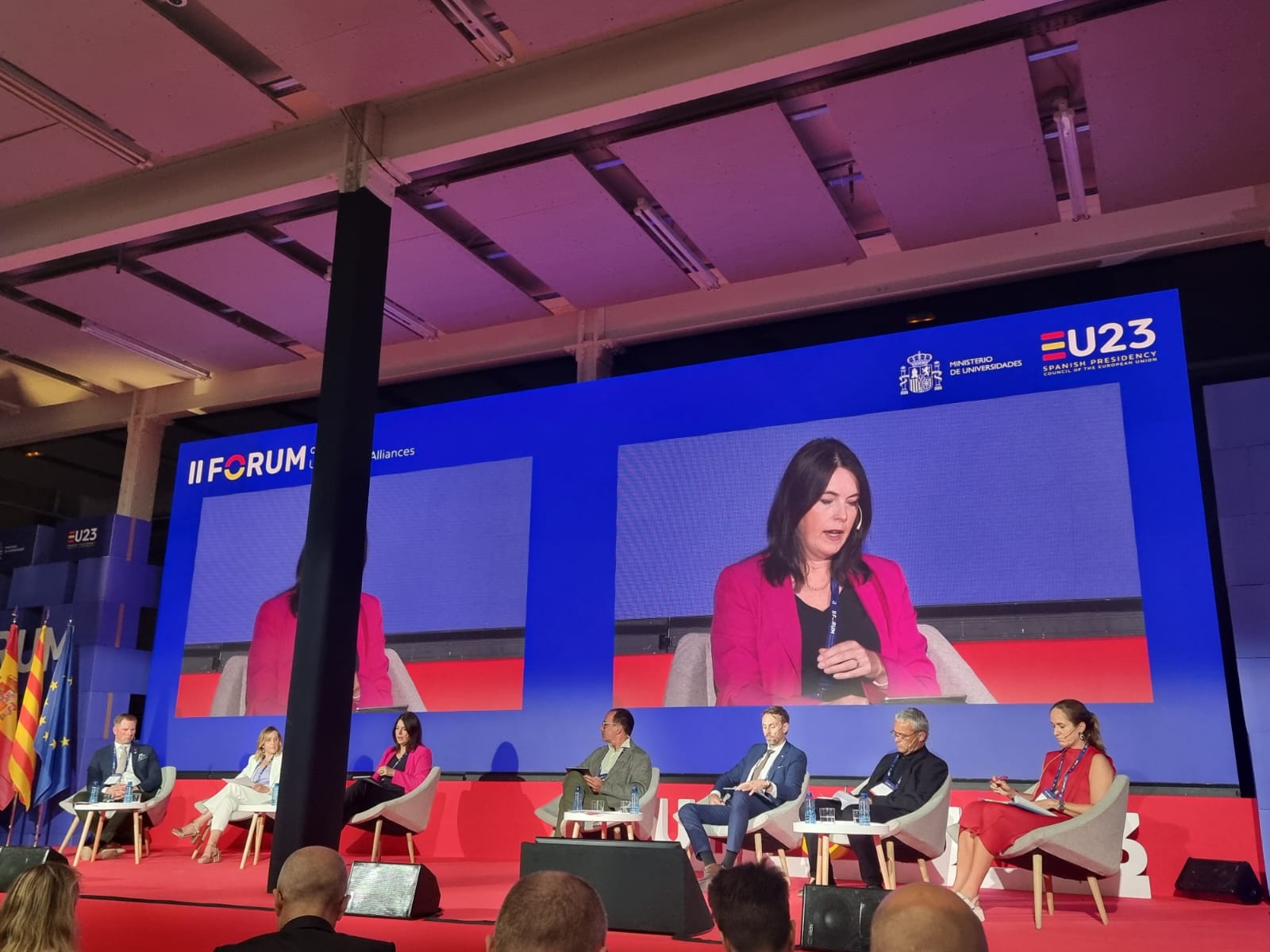

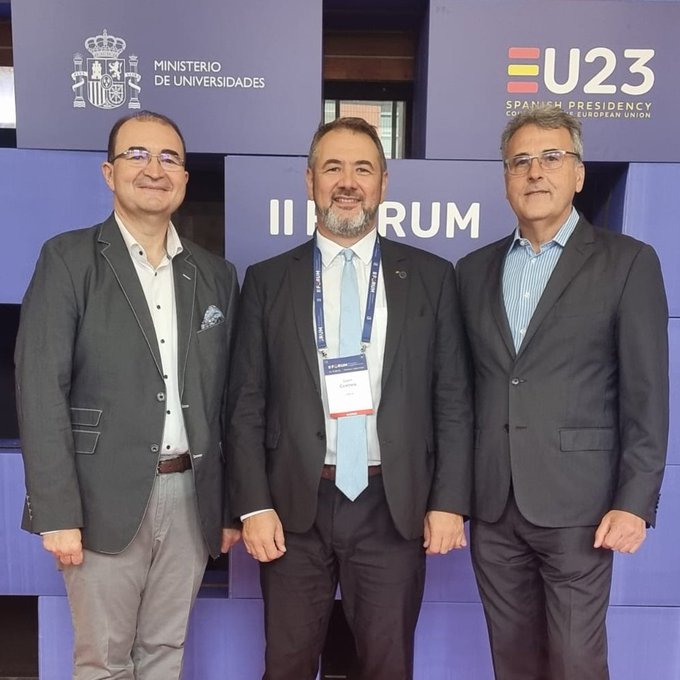


 Co-funded by the European Union. Views and opinions expressed are however those of the authors only and do not necessarily reflect those of the European Union or the European Education and Culture Executive Agency (EACEA). Neither the European Union nor the granting authority can be held responsible for them.
Co-funded by the European Union. Views and opinions expressed are however those of the authors only and do not necessarily reflect those of the European Union or the European Education and Culture Executive Agency (EACEA). Neither the European Union nor the granting authority can be held responsible for them.